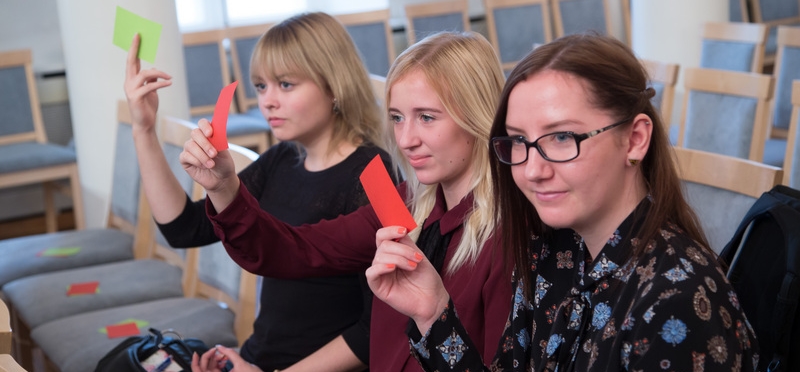- Home
- Study book
- Week 1: Introduction to multilingualism and plurilingualism
- Week 2: Understanding bilingualism
- Week 3: Multilingualism in state and society, and the role of communities
- Week 4: Early Childhood Multilingualism
- Week 5: Multilingual school
- Week 6: Multilingual higher education
- Week 7: Interculturalism and intercultural communication
- Course team

MOOC: Multilingual Education
Quiz 5
You have come to the end of Week 5. Do the quiz and see what you have learnt in this week and how well you understood the main concepts.
There are 12 questions in this quiz: 10 true or false questions, one drag and drop task, and one cloze task. It is automatically checked, so you will see the result as soon as you complete it. You can retake the quiz as many times as you wish.
Good luck!


